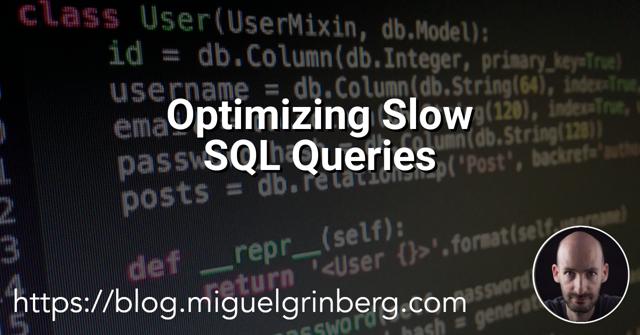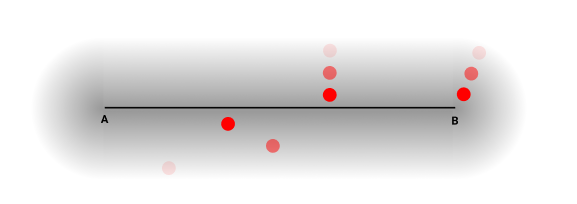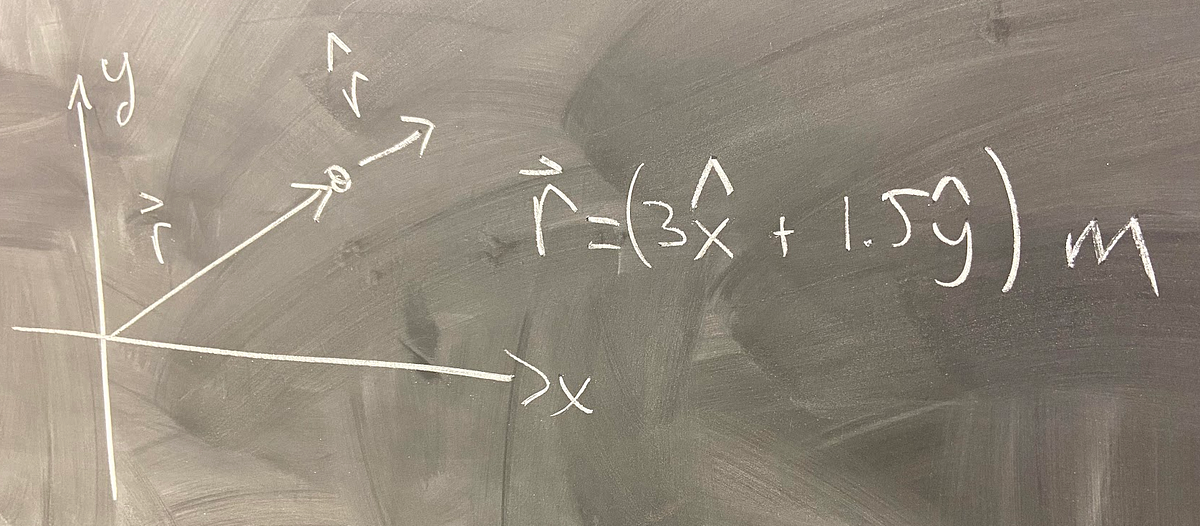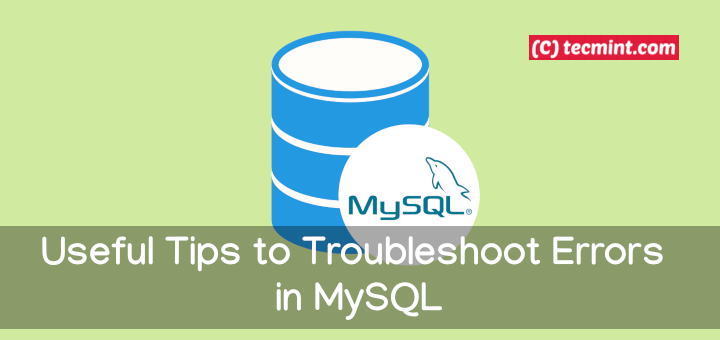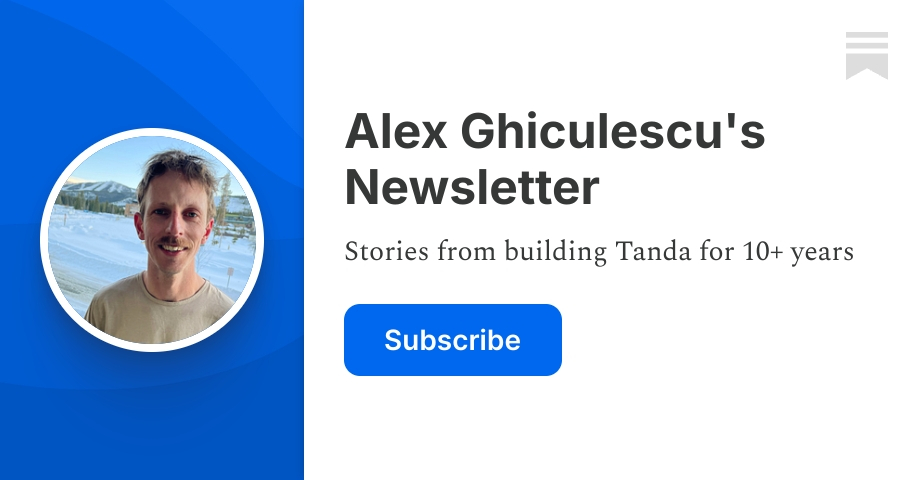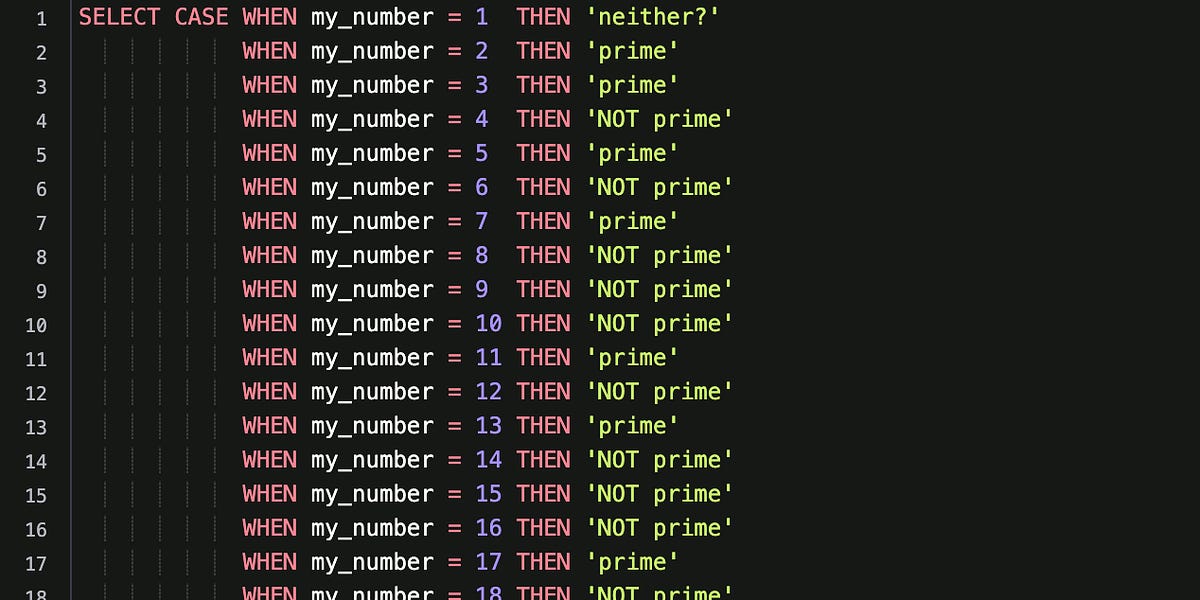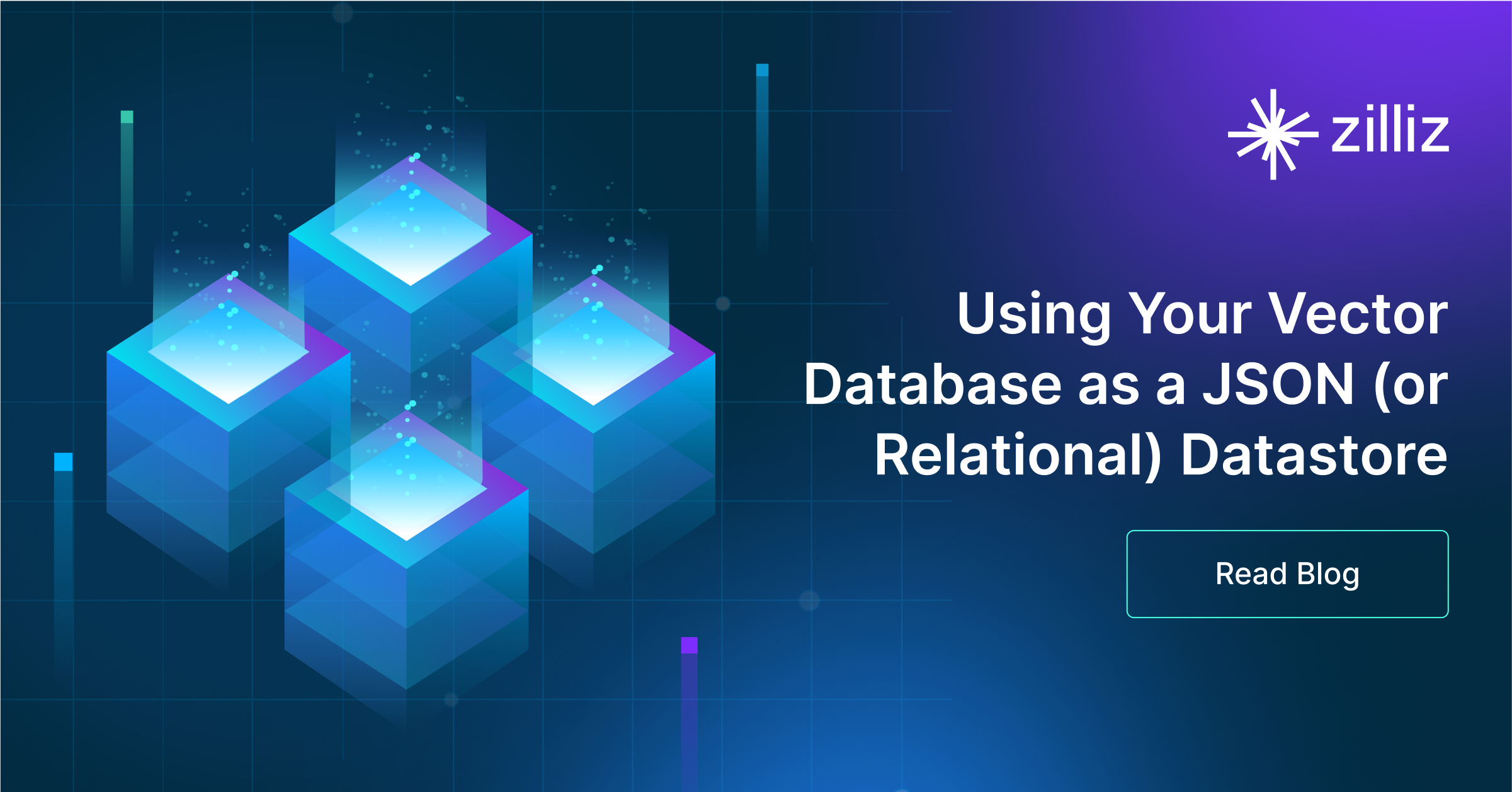
Using Your Vector Database as a JSON (or Relational) Datastore
TL;DR: Vector databases support CRUD over "traditional" data formats such as JSON. If you're a solo developer or a small team and don't want to manage many different pieces of data infrastructure, you can use Milvus or Zilliz Cloud (the managed Milvus) as your only datastore and easily migrate vectorless collections to different databases as you scale.
Powered by the popularity of ChatGPT and other autoregressive language models, vector search has exploded in popularity in the past year. As a result, we've seen many companies and organizations hop on the vector search bandwagon, from NoSQL database providers such as MongoDB (via Atlas Vector Search) to traditional relational databases such as Postgres (via pgvector). The general messaging I hear around these vector search plugins is largely the same and goes something like this: developers should stick with us since you can store tables/JSON in addition to vectors, so there is no need to manage multiple pieces of infrastructure!
This kind of statement always cracks me up, as it's clearly crafted by unsophisticated marketing teams. Not only is the technology behind vector search vastly different from storage and querying strategies in relational & NoSQL databases, but it's fairly well-known now that vector databases can store relations, JSON documents, and other structured data sources. The first point is difficult to illustrate concisely without deep prior knowledge of database management systems, but the second point is fairly easy to show through some short sample code snippets. That's what this blog post is dedicated to.

